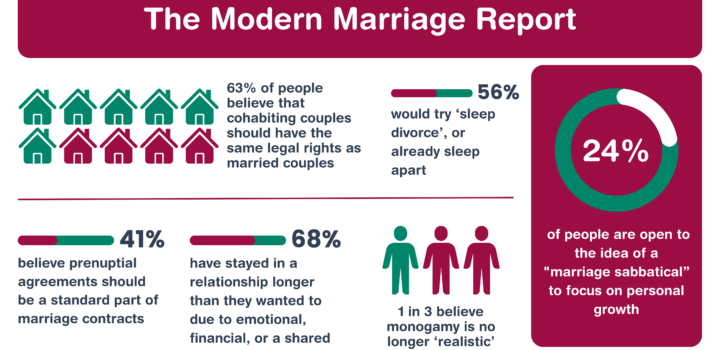With around 57% of UK households owning a pet, who keeps the pet on separation is a common issue that often evokes powerful responses. More and more our pets are considered part of the family and therefore separating couples seek to treat them as such.
The recent judgment of FI v DO in December 2024 provides an interesting update on how the court views the treatment of pets on divorce.
FI v DO
The case before the court was a financial remedy application, with a central issue being what should happen with the family’s Golden Retriever.
The Husband claimed he bought the dog with no contribution by the Wife, was purchased as a disability dog for his mental health issues and that he trained the dog. Husband sought the return of the dog to him.
The Wife claimed the dog was a joint purchase, made with a contribution from the parties’ daughter. The Wife further disputed the claim that the dog was a disability dog. The Wife sought for the dog to remain with her and the children, stating the dog was an important part of hers and the children’s lives. The dog had remained with the Wife and children since separation (some 18 months), in that time they had been the primary carers.
Post separation, the Husband had sought to forcibly remove the dog from the Wife’s care. The dog, subsequently, ran back to the family home. The court recognised that this showed the dog considered the family home to be a safe place and where she belonged.
Both parties filed statements, and gave evidence on the issue of who should have ownership of the dog. In determining the issue on who should keep the dog, the court referenced the law, in that pets are considered “chattels” ie in the same way as you would the contents of the family home. However, the evidence provided seemed more in keeping with that expected in applications relating to child arrangements.
The Court found in the Wife’s favour, granting her ownership of the dog, referring to the legal authority that provides assistance as to who has principally looked after the dog. The court’s rationale behind the judgment being that the dog’s welfare was best served remaining with the Wife and the children.
The consideration of the familial attachment of the dog, and her own understanding of where she belongs shows an acknowledgement by the court of the importance of pets in people’s lives.
The law is yet to change, with pets still being classified as ‘chattels’, however this shows an important shift in the attitude towards the treatment of animals on divorce.
Managing Pet Disputes
In FI v DO the Judge noted the importance of the issue of who retained the dog in this case and noted that should this issue have been resolved, perhaps the other financial matters in dispute could have been settled by way of consent.
Pet-Nups
When considering a new addition to the family, pet owners can enter into an agreement or at least consider what would happen to your pet should you separate. This can be set out formally in what has become known as Pet Nups.
Pet-Nups can include details of who will care for the pet on separation (or how time will be split) and how the financial commitment will be shared.
If a dispute has already arisen, an important consideration will need to be on the welfare of your pet and where the pet considers it belongs. Please contact Rayden Solicitors to speak to one of our family law experts and for further information on any of the topics raised in this blog.
















